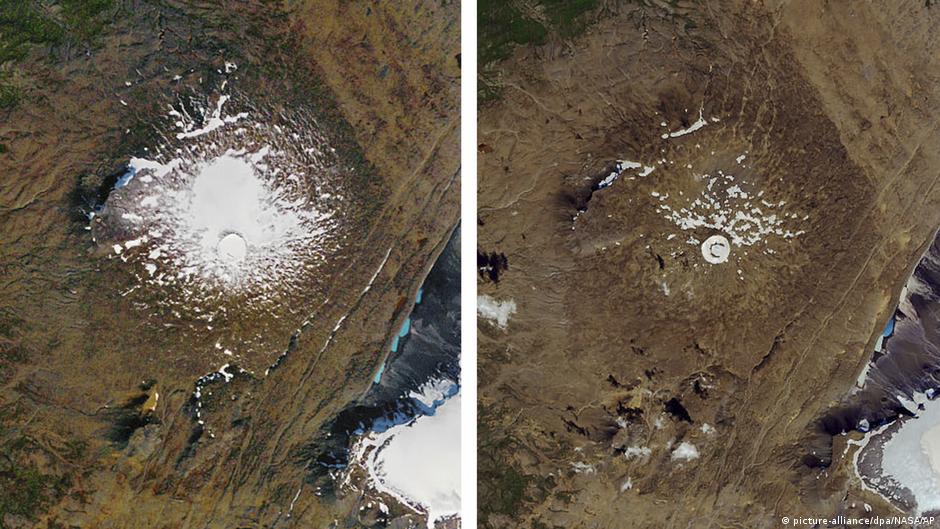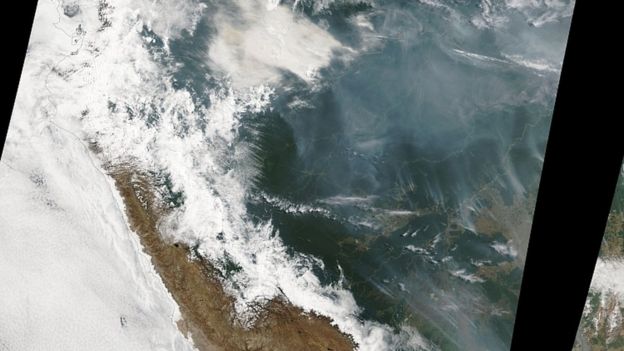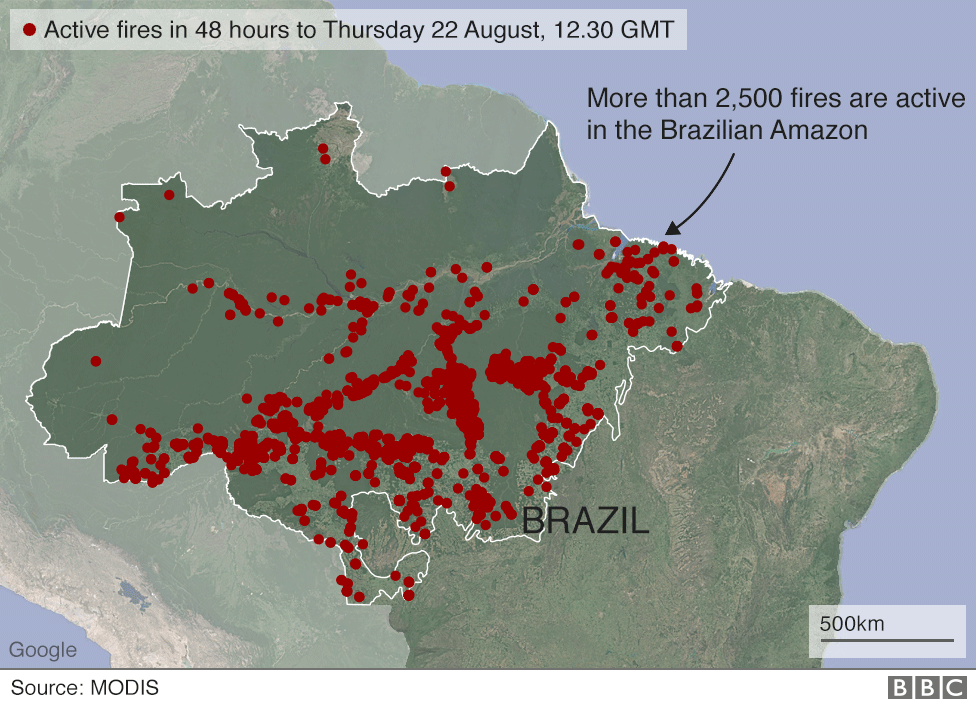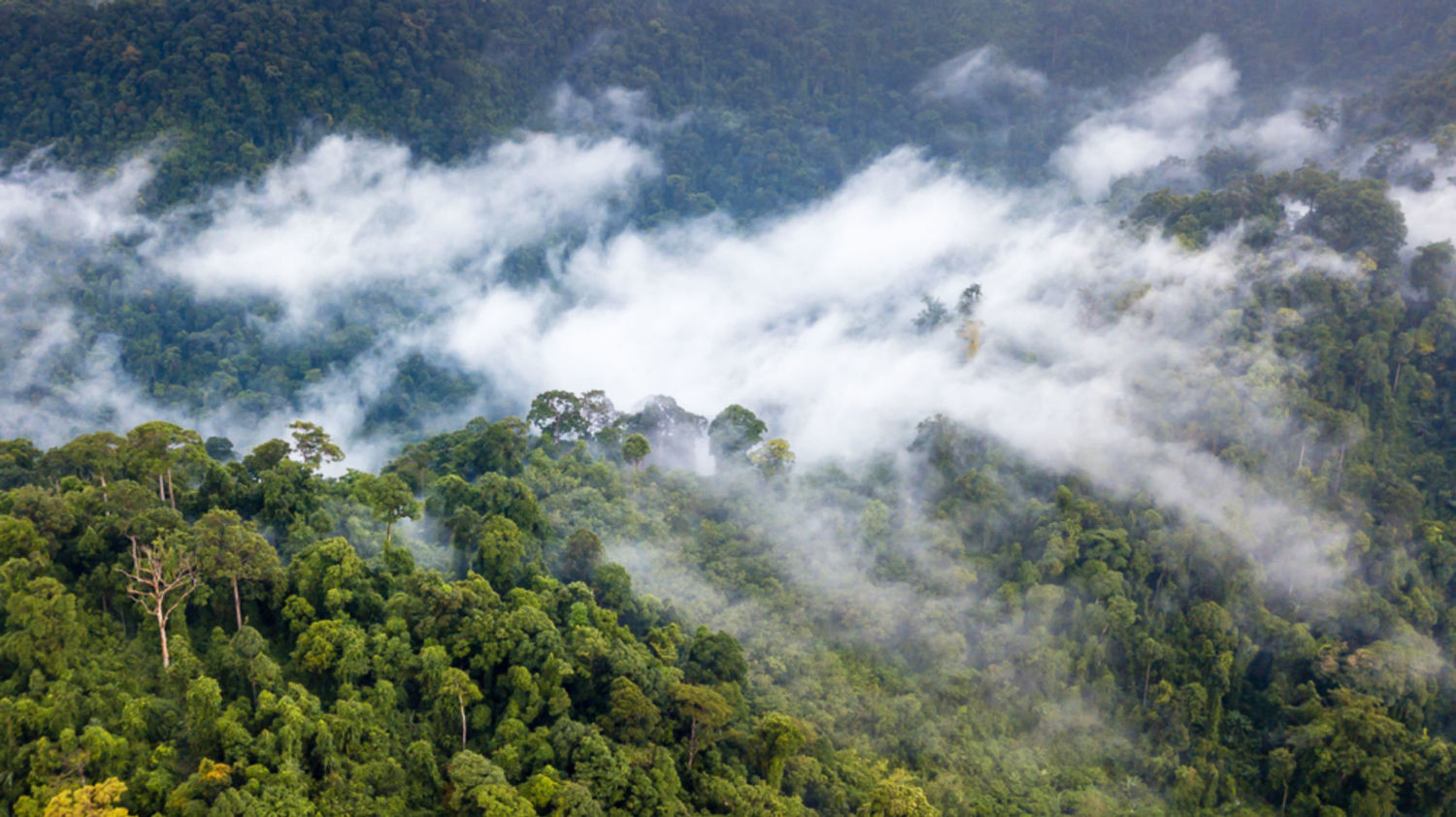“Climate change is impacting our communities, in our backyards, right now,” says Amir Sapkota, a professor at the Maryland Institute for Applied Environmental Health.
Citing health threats posed by climate change, more than 70 major medical groups in the U.S. released a call to action in June 2019 declaring climate change “a true public health emergency.”
Jonathan Patz, M.D., MPH, director of the Global Health Institute at the University of Wisconsin, is an expert on climate change and public health. His view: “It’s so important that people recognize that climate change is about our health. There are so many pathways through which climate impacts our health.”

A 2013 heatwave caused near-record temperatures at Nellis Air Force Base in Nevada, forcing those stationed there to hydrate frequently to avoid heat-related injuries such as heat stroke. (Photo credit: U.S. Air Force)
Those pathways include heat, air pollution, extreme weather, vector-borne diseases, and access to safe water and food. The health risks posed by climate change already disproportionately harm marginalized groups including people with disabilities or infirmities, low-income families and individuals – and climate change is likely to deepen those disparities.
Continue reading: How climate change threatens public health » Yale Climate Connections








